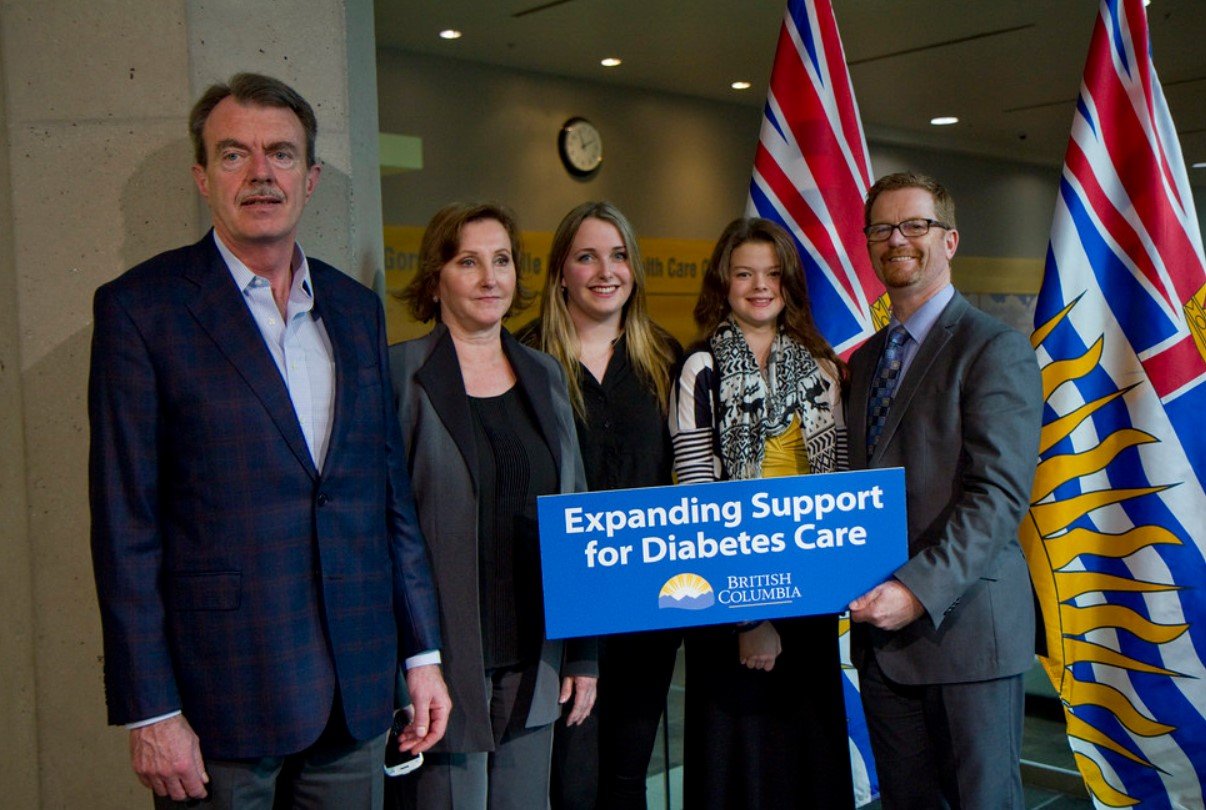The Alberta government has announced that it will not participate in the national pharmacare program that covers diabetes medication and contraception. The program is part of a deal between the federal Liberals and the NDP, but Alberta says it was not consulted and prefers to receive funding to enhance its own programs.
Alberta wants per-capita funding instead of national program
Alberta Health Minister Adriana LaGrange said on Monday that the province was unhappy with the federal government’s decision to implement a national pharmacare program without consulting the provinces first. She said Alberta has “robust” coverage of medications through programs like Alberta Blue Cross, even though the plan has limits and requires people to pay for coverage. She wants Ottawa to give Alberta per-capita funding to bolster its own program instead of forcing the province to sign-on to a national program.
“Give us the dollars,” LaGrange said. “Allow us to enhance the programs we actually have now, rather than create more bureaucracy.”
The federal pharmacare program is a critical piece of the supply-and-confidence agreement between the Liberals and the NDP, and comes ahead of a March 1 deadline to table legislation. Some final details may still be worked out, but the program is expected to include full coverage for contraceptives and diabetes medication.

Alberta’s decision frustrates doctors and advocates
Alberta’s decision to opt out even before seeing details of the agreement is frustrating for physicians, anti-poverty organizations and medicare advocacy groups. They say the cost of contraception and diabetes medication can be a barrier for many people, especially those with low incomes or no coverage.
Dr. Shelley Duggan is a nephrologist in Edmonton who is the president-elect of the Alberta Medical Association. She said the cost of contraception can lead to unwanted pregnancies or children that people can’t afford. Diabetic medication, including insulin, lipid-lowering and blood pressure medications, can run up to hundreds of dollars each month, she said.
“What we do know is that people who don’t have drug coverage are two and a half more times likely to miss medications than those who don’t worry about the cost,” Duggan said. “We could potentially improve the health of Canadians by making sure that cost is not the reason that they’re not taking their medications.”
Meaghon Reid, executive director of anti-poverty group Vibrant Communities Calgary, echoed Duggan’s concerns. She said people who live in poverty will frequently skip buying medication in order to afford rent and food. Reid said there was a lot of optimism and relief when pharmacare was first announced but that’s now changed.
Alberta’s position contradicts public opinion and evidence
Alberta’s stance on pharmacare also contradicts public opinion and evidence. A report commissioned by Project EmpowHER, a group that advocates for universal access to free prescription contraception, found that 83 per cent of Canadians supported universal coverage of contraceptives. The report also estimated that providing free contraception would save the health care system more than $320 million in Canada and $40 million in Alberta.
A spokesperson from LaGrange’s office said the vast majority of Albertans have access to contraceptives through employer or government health care insurance plans. However, a Statistics Canada study found that 7.5 million Canadians — or one in five — lack any kind of drug coverage. Others have plans where they have to pay a deductible.
A recent study by the Canadian Institute for Health Information also found that Alberta had the highest per-capita spending on drugs among the provinces, at $1,316 per person in 2019. The study attributed this to the high proportion of seniors and people with chronic conditions in the province, as well as the high cost of some drugs.
